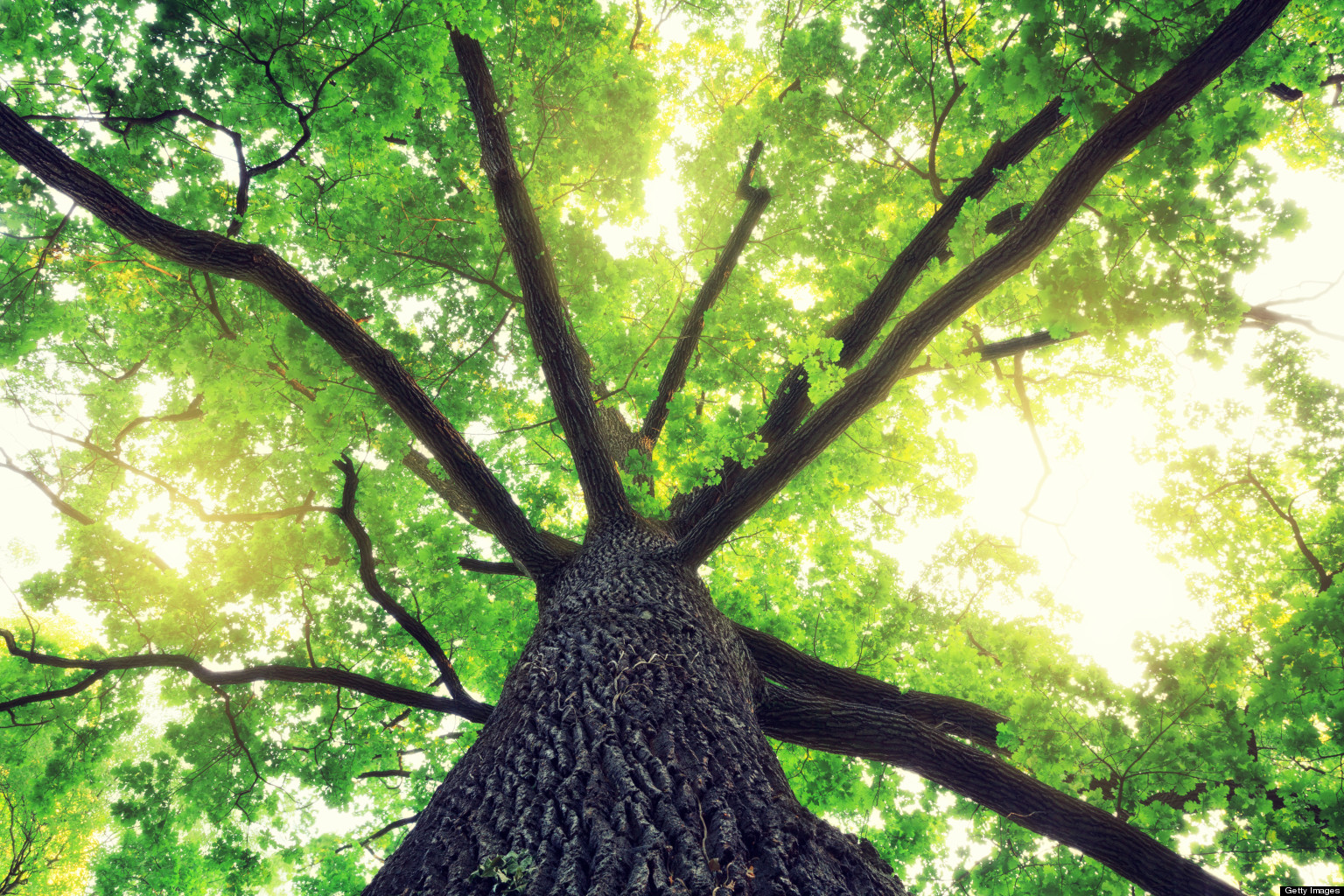There are likely as many answers to the question “Why Go Green?” as there are people who live a sustainable lifestyle. It is a deeply personal, encompassing choice that is usually embraced wholeheartedly by the individual for often deep, philosophical meaning.
Find some of the most frequently discussed reasons below.
Whatever you do, don’t let it overwhelm you! #staypositive
Action is the antidote to despair.
– Joan Baez
Climate Change
Probably most well-known as “global warming”, the science behind climate change is one of the most hotly debated topics among people today. Although it is often a huge motivator behind the green movement, there are still those who fail to acknowledge its validity, many others who feel helpless about it, and very few who ask the real question: Man-made or not, does it actually matter?
Peak Oil
Peak oil has gathered a lot of attention in recent years. The term refers to a peak in oil extraction followed by a decline of production and a dramatic rise in cost. The idea that we can actually run out of (or at least, cease to be able to afford the increasingly difficult extraction of) oil is a disconcerting idea when almost every aspect of our Western lifestyle depends on it as a cheap commodity.
Environmental Impact
While climate change and peak oil can be debated, the impact of environmental pollution on humans and habitat is undeniable. Every year more fresh water is polluted, natural landscape is lost, and animals are becoming endangered or extinct. A loss of biodiversity raises the risks of disease, blight, and famine and the rate at which humans pollute the Earth is much faster than the rate at which the Earth can be restored.
Health and Wellness
Frugal Living
Too many people think going green is expensive, but it shouldn’t be. In fact, frugal living tends to be a natural by-product of a simply and sustainable living. Did you know that when you signup to receive the 7 Day Treehugger Kickstart, you’ll also receive a free guide on sustainable strategies to save money.
The Economy
Choosing a sustainable lifestyle will obviously impact your choices as a consumer. For some of us, the positive impact of living simply and sustainably is increased by the positive impact on our local economy. For instance, buying from local farms means supporting neighbors whose success is directly related to your health and the health of the environment.
Minimalism
Many people prefer to keep their convictions closer to home, answering “Why Go Green?” with a model of living simply. This minimalism lifestyle encompasses a commitment to reducing the complexities of life and allowing yourself to focus on the things that matter most. By connecting more and consuming less, they naturally mitigate the effects of many environmental concerns.
Religious or Spiritual Environmentalism
Self-Sufficiency
Green and sustainable living is a natural by-product of living self-sufficiently. Anyone wishing to be truly sustainable in their own lives eventually comes to the realization that they cannot rely on the unsustainable infrastructure provided to us by cheap oil and shady political deals. Living off-the-grid, whether environmental or political, requires the use of renewable energies, as well as the sustainable care of land, self and other resources.



